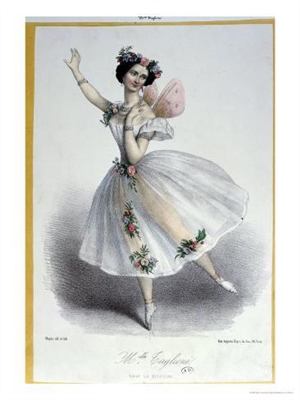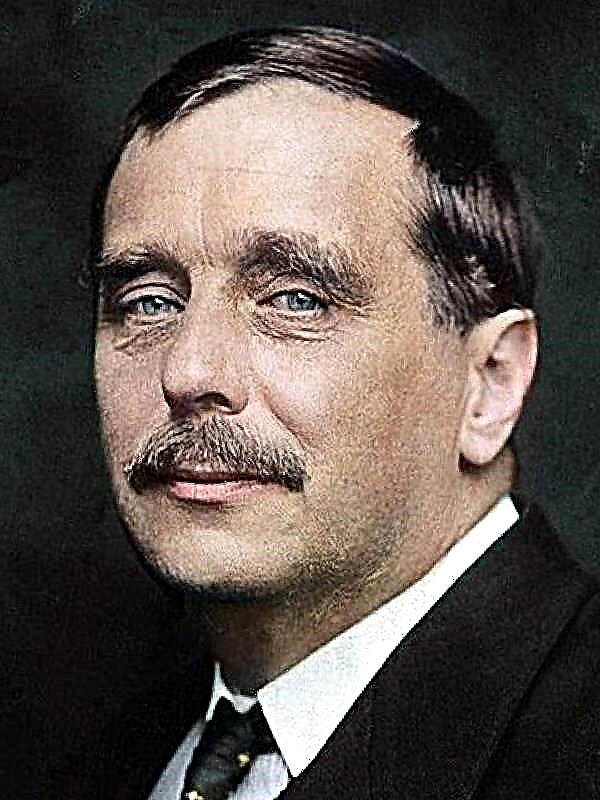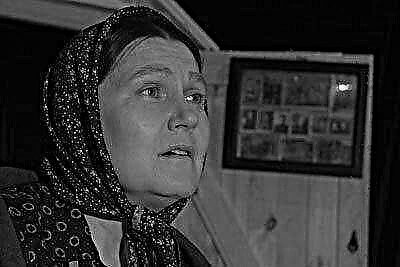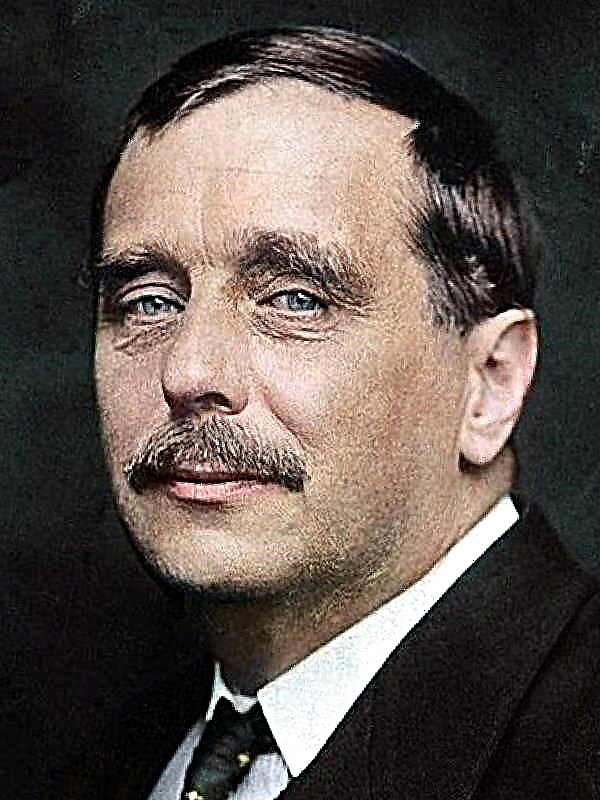The action takes place in 1942 in West Africa, in an anonymous British colony. The main character is the deputy police chief of the capital city, Major Henry Scobey, a man who is incorruptibly honest and therefore known as a loser. The police chief is about to resign, but Scobie, for whom it would be logical to succeed him, is not appointed to this post, but they are going to send a younger and more energetic person. Scooby's wife Louise is upset and disappointed. She asks her husband to resign and go with her to South Africa, but he refuses - he is too used to these places and also has not accumulated enough funds for the move. Day after day, the wife becomes more and more irritated, and Scobey is finding it harder to endure. In addition, Louise begins to be looked after by the new accountant of the United African Company Wilson (in fact, as it turns out later, a secret agent designed to prevent the illegal export of industrial diamonds from the country). Scooby frantically tries to figure out where to get the money, even goes to the bank, hoping to get a loan there, but manager Robinson refuses him. Suddenly it becomes known that in a small town in the depths of the country, a young district commissioner by the name of Pemberton committed suicide. Scooby goes to the scene and learns that Pemberton owes a large sum to the Syrian Yussef. The major concludes that the Syrian used this debt for blackmail, trying to force Pemberton to facilitate smuggling. In a conversation with Scobie, Yousef hints at the major's adverse life circumstances and offers him his friendship.
In an attack of malaria, Scobie has a dream where the signature of “Dickie” under Pemberton's suicide note merges in a strange way with the nickname Tikki, which was given to Scobie by his wife, and the death of the twenty-six-year-old district commissar of the town of Bamba becomes a prologue to the fate of the protagonist.
Everything that happened makes Skobie change her principles for the first time and borrow money from Yousef at interest to send his wife to South Africa. Thus, he becomes dependent on the Syrian, but he is in no hurry to contact Scobie for help in his affairs. On the contrary, he himself offers help - in the hope of getting rid of a competitor, the Syrian-Catholic Tallit, Yousef lays diamonds on the parrot belonging to Tallit's cousin who goes abroad, and then informs Scobie about it. Diamonds are found, but Tallit accuses Yussef of giving Skobi a bribe. Feeling uncomfortable about asking for a loan, Scobie nevertheless rejects the charge, although he later reports to the police chief about the deal with Youssef to clear his conscience.
Soon after Louise's departure to the sea, they save the passengers of the sunken ship, who spent forty days in boats in the open sea. Scobey is present when they land. All saved are greatly exhausted, many are ill. In the eyes of Scobie, a girl dies, reminding him of the death of her own nine-year-old daughter. Among the saved is a young woman, Helen Rolt, who lost her husband during the shipwreck, with whom she lived for only a month. Experiencing acute pity for all the weak and defenseless, Scobie is especially excited about how childishly touching she compresses the stamp album, as if she could find salvation in it. Tenderness grows out of pity, out of tenderness - a love affair, although between him and Helen the difference is thirty years. Thus begins an endless chain of lies, which leads the hero to death. Meanwhile, clouds gather over his head: Wilson, who suspected him of secret affairs with Youssef, to top it all off, witnesses how, at two o'clock in the morning, Scobey leaves Helen's house. Sympathy for Scobie's wife and professional duty force him to establish surveillance of the major through the servant of Youssef.
From the loneliness and ambiguity of his position, Helen arranges for Scobie a scene. To convince her of her feelings. Scobie writes her a love letter. Youssef intercepts him, who blackmails Scobie, forcing him to hand over a batch of smuggled diamonds to the captain of the Portuguese ship Esperanza. Scooby is more and more entangled in his lies.
At this moment, a wife returns from South Africa. She makes Scobie go with her to the sacrament. For this, Scobie must confess. But he loves Helen too much to lie to God, as if he repents of his deeds and is ready to abandon her, therefore he does not receive absolution in confession. The sacrament becomes a severe ordeal for him: he is forced to partake of the Holy Communion without repenting of mortal sin in order to reassure his wife, and thereby commits yet another mortal sin. The hero is torn between a sense of responsibility to his wife, pity and love for Helen and fear of eternal torment. He feels that he brings torment to everyone around him, and begins to prepare his way to retreat. And then he learns that he is still being appointed chief of police. But he was already too confused. He begins to think that he is spying on a faithful servant Ali, who has served him for fifteen years. Ali witnesses Scobie's date with Helen; he is present in the room when Yousef's servant brings a diamond to Scobie as a gift, and Scobie decides to take a desperate step. He goes to the office of Youssef, located in the marina area of the criminals, and tells the Syrian about his suspicions. Yussef calls Ali to himself, allegedly on business, and tells one of his people to kill him.
Ali’s death, foreseen and still unexpected, becomes the last straw forcing Scobie to make a final decision. He goes to the doctor complaining of a heart and a bad dream, and Dr. Travis prescribes sleeping pills for him. For ten days, Scobey pretends to take pills, and he saves them for the decisive day, so that he could not be suspected of suicide.
After the death of Scooby Wilson, who before that often spoke to Louise about her husband’s infidelity, repeats this again. And here Louise admits that she knew about everything for a long time, one of her friends wrote to her, which is why she returned. She draws Wilson’s attention to her husband’s diary, and he notices that the notes on insomnia are made in other ink. But Louise does not want to believe in the suicide of her husband, considering him a believer. And yet she shares her doubts with the priest, Father Rank, but he angrily dismisses her speculation, fondly recalling Scobie and saying: “He truly loved God.”
Louise herself favorably accepts Wilson's declaration of love and gives him hope that she will marry him over time. And for Helen with the death of Scobie, life completely loses all meaning.












